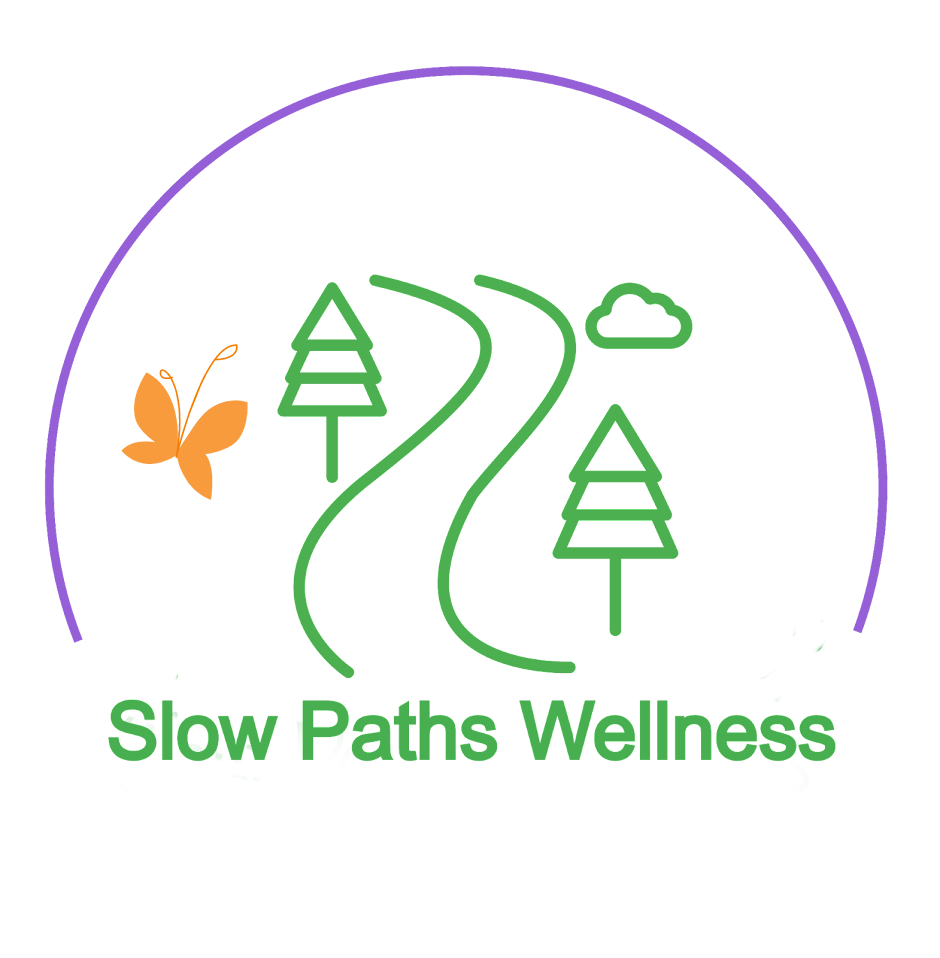 |
| Just because I'm happy doesn't mean I should be sitting |
Not long ago, I started a series on The Five Taxations--five activities that wear out your system when done in excess. Here is our progress so far:
Our next Taxation is "excessive sitting, which injures flesh."
Sitting has become the new no-no in our culture. Type "dangers of sitting" in a search engine, and watch the articles pop up. Sitting for long periods is linked with increased likelihood of disability, heart disease, poor posture, and muscle pain and weakness, and, if you are exercising by sitting on a bicycle, sitting is linked to impotence. Chinese medicine doesn't think much of over-sitting, either.
In Chinese medicine, "flesh" is considered to be the stuff that covers your bones that is meaty. While some in Chinese medicine equate flesh and muscle, others see them as separate. Either way, flesh is primarily governed by the Earth element, which consists of the Spleen and Stomach and the body functions they manage--the breaking down of food, the sense of self and ability to think, remember, and focus appropriately, management of "dampness," affecting everything from achy pains to edema or bloat, and the creation of energy and phlegm. An injury to the flesh will also compromise these functions by stressing the Earth energy. Sitting injures the flesh by impeding the free flow of blood and qi, both by the pressure of sitting on the meridians and by the lack of movement caused by being still.
The obvious way to avoid excessive sitting is by moving around. Get up from your desk at least every couple of hours (every half hour is better) and walk--to the restroom, breakroom, around the parking lot, to deliver an item to a co-worker--whatever you can do. Standing and treadmill desks are all the rage now, making it possible to work at a computer without sitting at all.
We Chinese medicine practitioners would add the caveat that anything done in less than moderation will have a down side. In fact, the final two taxations are excessive standing and excessive walking. So perhaps in addition to giving yourself the option to work at a computer while standing, consider taking time away from the computer completely. And time away from work. And time away from walking. Take some of your sitting outside, where you can connect to the ground and watch the birds, or clouds, or tiny little ants doing their thing. And then go for walk in fresh air.
Coming soon! Our next taxation: "Excessive standing, which injures bones"
Articles mentioned in this blog:

